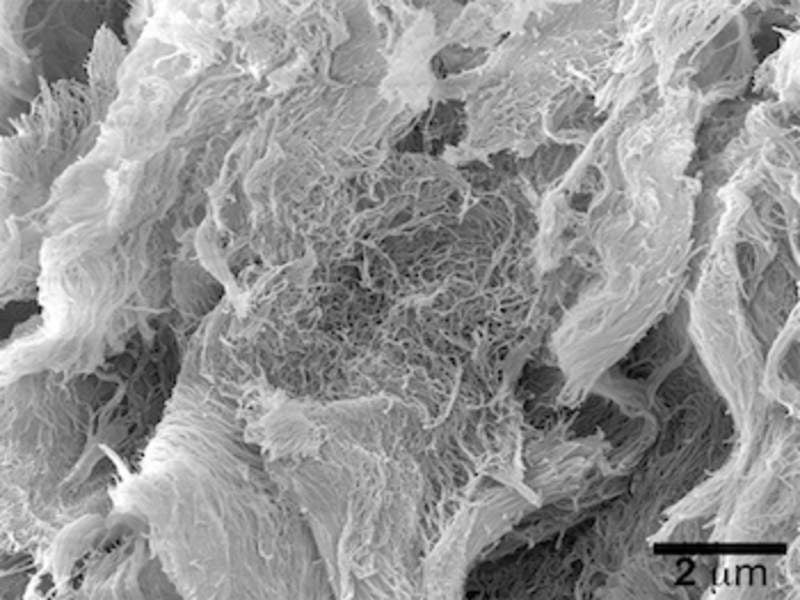
Researchers from Rice University and the University of Texas Health Science Center have developed immunotherapy drugs embedded in a slow-release hydrogel to treat cancer.
Named STINGel, the product includes a new immunotherapy drug class called stimulator of interferon gene (STING) agonists, and an injectable hydrogel designed to steadily release a drug dose to stimulate the immune system against tumour cells.

Discover B2B Marketing That Performs
Combine business intelligence and editorial excellence to reach engaged professionals across 36 leading media platforms.
The use of slow-release multidomain peptide (MDP) gels allows the continuous delivery of immunotherapy drugs over a period of time. When injected as a liquid, the hydrogel turns semisolid within the body and degrades gradually.
Rice University chemist and bioengineer Jeffrey Hartgerink said: “The normal approach to cyclic dinucleotides (CDN) delivery is simple injection, but this leads to very rapid diffusion of the drug throughout the body and reduces its concentration at the site of the tumour to very low levels.
“Using the same amount of CDN, the STINGel approach allows the concentration of CDN near the tumour to remain much higher for long periods of time.”
During in-vivo testing, six out of the ten animals treated with STINGel survived 105 days after testing, compared with one out of ten treated with CDN alone or collagen plus CDN.

US Tariffs are shifting - will you react or anticipate?
Don’t let policy changes catch you off guard. Stay proactive with real-time data and expert analysis.
By GlobalDataIt was also observed that they were resistant to further cancer cells implantation, indicating their immune systems had adapted to detect and kill future occurrences of that particular cancer.
Hartgerink added: “The CDN we used in this study is currently in clinical trials. We think that our STINGel approach has the potential to significantly broaden the scope of this powerful immunotherapy drug to a larger range of resistant cancers.”




